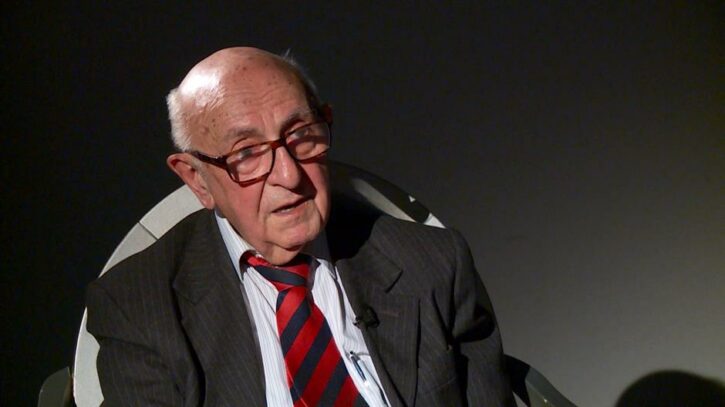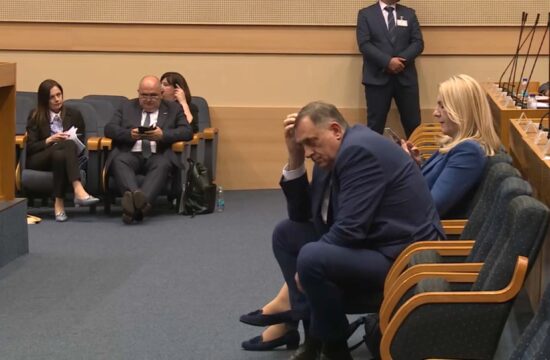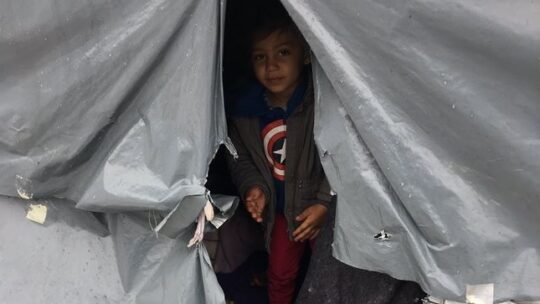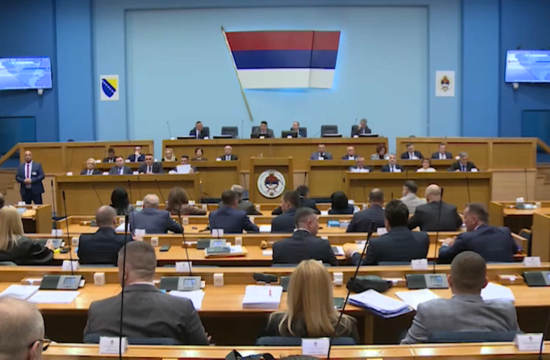
The international community will not tolerate it if local leaders in the region start redefining the crimes from the past, judge of the UN's International Residual Mechanism for Criminal Tribunals (IRMCT) Theodor Meron said in an interview for N1. He called for reconciliation and calming of tensions in the region.
Judge Meron, who is on an official visit to Sarajevo, said everyone should learn a lesson from Germany in the process of reconciliation after the Nazi regime rule.
“I have zero tolerance for denial of crime and redefining of crimes, especially those that were subject of court cases,” said the international judge whose visit to Bosnia and Herzegovina was preceded by a visit to Belgrade where he met with Serbian senior officials.
“I won't speak about details of our talks, all I could say was in the public statement I published,” he added.
Meron was asked to comment on the statement of Serbian Prime Minister Ana Brnabic, who recently said in an interview for Deutsche Welle that what happened in Srebrenica in the early 1990s was a horrible crime but not a genocide.
Brnabic's stand was directly opposed to the rulings of two international courts, the International Court of Justice (ICJ) and the Hague-based Criminal Tribunal for former Yugoslavia (ICTY), which said what happened in Srebrenica in July 1995 was a genocide.
“I am sure you are familiar with my stances, it was proved by several judgements that it was a genocide, in line with the statute of the Tribunal and UN genocide convention,” Meron was quoted as saying.
Speaking of his visit to Serbia, the judge said he and his interlocutors discussed cooperation and he emphasised that all countries of the region had to strive to achieve the accountability.
“Tribunals cannot bring justice to hundreds of people, thousands of them. It is an obligation to continue the process we convincingly started in The Hague,” said Meron.
Asked if he supported the initiative for the convicts to serve their sentences in Serbia and other countries in this region, he replied that the policy of not sending them to one of these countries was not adopted in the Tribunal.
“That was done by UN at the Security Council. (…). When these questions were raised, they were coming from Serbia and other countries. My answer was – address the Security Council,” he said, adding it was all “in hands of the Security Council.”
One of the ICTY judgements he remembers the most is the one in the trial of Bosnian Serb army's Dragoljub Kunarac, who was among other things sentenced on rape charges.
“It all can be a part of genocide. Now we're in a new universe of the protection of rape victims and victims of other sexual crimes. There's no need to speak about how much we expanded the criminal act of genocide,” judge Meron told N1.




